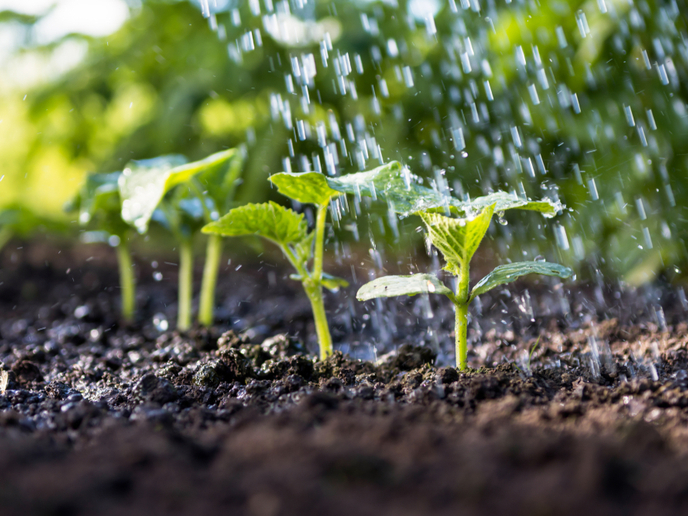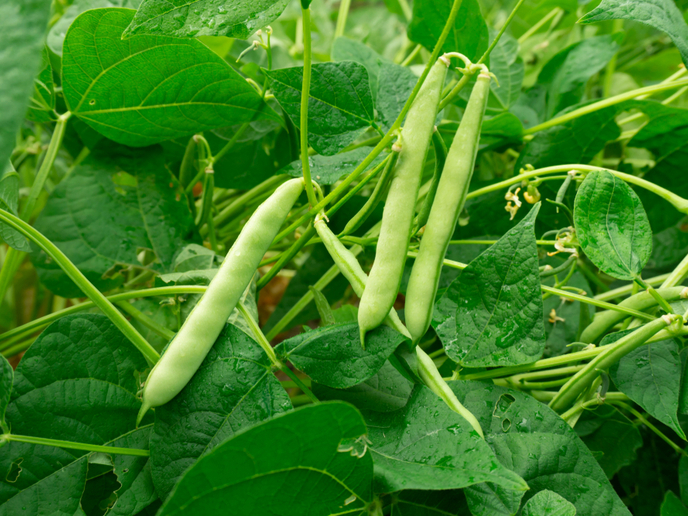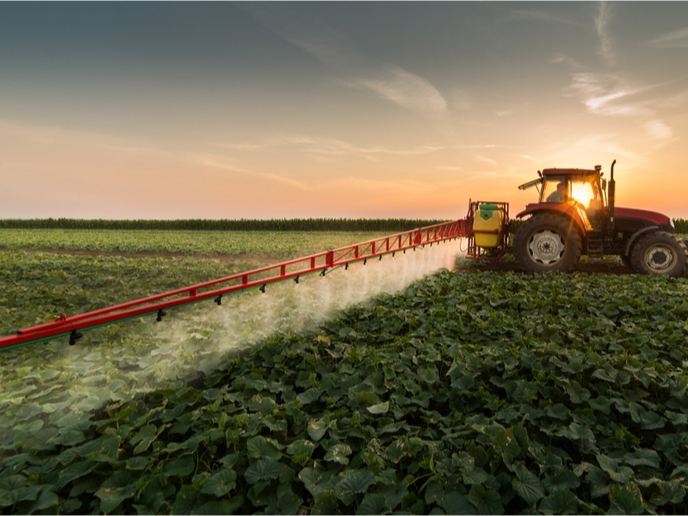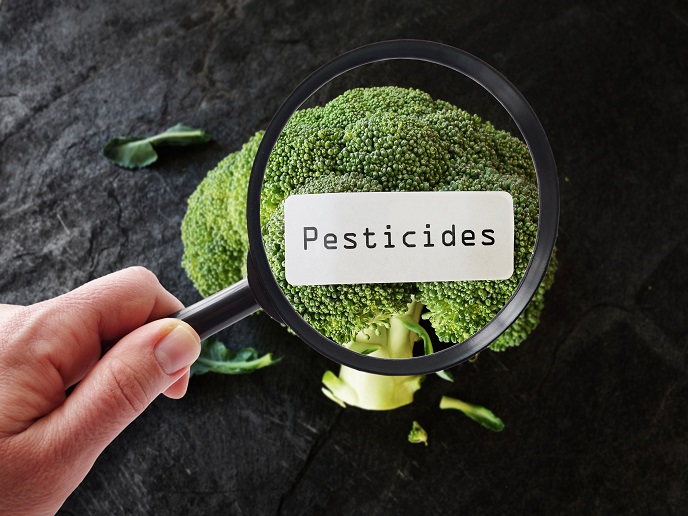Meet the biosolutions set to revolutionise the agriculture sector
The world population continues to grow and is projected to reach near 10 billion people by 2050. Rising alongside this is the demand for food, with many turning to intensive farming practices to grow high-yield crops to meet it. Such methods, however, can lead to the overuse of, amongst others, fertilisers, synthetic plant protection products and fossil fuels and ultimately affect biological diversity and climate change. This has heightened the need for more sustainable agricultural practices and a growing demand from the EU for bio-based products. Meeting this demand head on, the EU-funded Lipofabrik project aimed to provide the agricultural market with effective and environmentally friendly alternatives to current chemical products used to safeguard plants and increase crop yield. “The cutting-edge research team at Lipofabrik, a start-up from the University of Lille, has developed and patented two products from Bacillus subtilis: PlantBoost® and LipoMyco®,” explains Arnaud Delecroix, project coordinator. “They are protected by three patents and are extremely important for meeting the need in the agriculture sector for new, green and low-toxicity products.”
A closer look at PlantBoost® and LipoMyco®
Biostimulants are known for their benefits to crop health and performance. They can improve plant growth by enhancing nutrient uptake, crop quality and nutrient efficiency, and tolerance to abiotic stress. PlantBoost® is a biostimulant product that can help boost the growth of plants such as tomatoes, lettuce, cucumber and other vegetables. It can also be applied to fruit plants such as grapes, apples and citrus fruits. Delecroix highlights: “The results from the tests we performed using this product showed a growth increase in tested plants by more than 50 % when compared to the non-treated plants. We have seen its efficacy.” The LipoMyco® product, on the other hand, is an antifungal active ingredient. The first part of the name, Lipo, stands for lipopeptide. Lipopeptides are molecules obtained through a fermentation process of the B. subtilis strain. Myco refers to mycosubtilin, a vital and strong antifungal lipopeptide. Delecroix reports: “LipoMyco® is as efficient as a chemical product currently used to protect plants against fungi and moisture. It can be used on wheat, vineyards, potatoes and more. I am convinced that we have in our hands the most powerful biological antifungal active ingredient in the market.”
Bringing the products to market
“This project helped us prepare PlantBoost® for the market and our next step is to start selling it by the end of the first semester 2021,” confirms Delecroix. As for the LipoMyco® product, it will require a further six months to complete. “We are still developing a formulation for it so that it can be used by our partners. We are in a very good position to succeed in this.” LipoMyco® is also being prepared for its registration in Europe and in the United States – a required step for new products in agriculture that can take three to five years. The required tests for this process are currently being performed. “What we are doing at Lipofabrik is unique and made possible thanks to our extraordinary teams. It is through their hard work that we can transform the market and provide farmers with green, biological and biodegradable products that will replace toxic chemicals,” concludes Delecroix.
Keywords
Lipofabrik, LipoMyco®, PlantBoost®, biostimulant, antifungal, plant protection, Bacillus subtilis, biopesticide, plant growth







